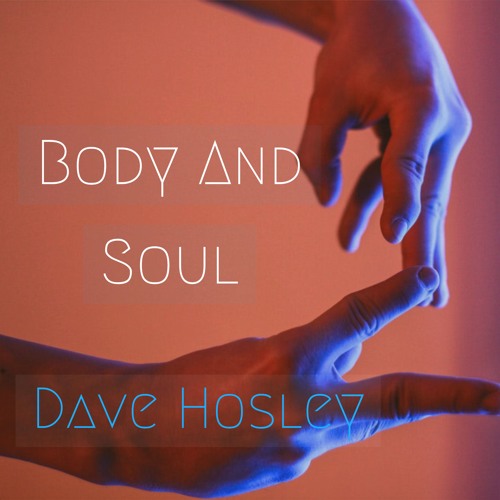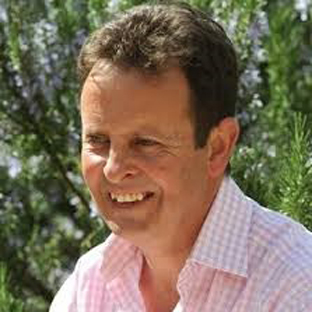
He never considers the question of the regulative principle, even to dismiss it. It feels at times like there's nothing he hasn't read!īut this caused two problems for me: First, for as often as he cites Calvin, he does not interact at all with Calvin's doctrine of worship. Torrance, Catholic theologians like Joseph Cardinal Ratzinger, contemporary theologians like John Kleinig, biblical scholars like Walter Brueggemann and David Toshio Tsumura, pastors like Eugene Peterson, and the list goes on. He cites early church fathers like Irenaeus and Chrysostom, Reformers like John Calvin and Martin Luther, 20th century theologians like Karl Barth and T. My highest praise for the book is also the source of my consternation: The author is clearly very well-read. This book was thought-provoking at times, frustrating at others, but all-around not of particular use to me. All of it matters to faithful and fulsome worship for the sake of a body that is fully alive in the praise of God. How our spontaneous and prescriptive activities form us in worship matters. How our senses of sight, scent, sound, taste, and touch are involved in worship matters.

What we do with our postures, gestures, and movements in worship matters.


The purpose of the body instead is to offer to God in worship what only it can offer-and what must be offered to God.īy drawing on the wisdom of the Bible, church history, and theology, and by taking advantage of the unique insights of the arts and sciences, ethics, and spiritual formation, a respected theologian and pastor argues in this book that there is something for our physical bodies to do that decisively forms Christlikeness in us within the context of corporate worship. Do our physical bodies really matter in corporate worship? Isn't our soul the most important part of us? Aren't our bodies, at best, negligible to worship and, at worst, a hindrance? The answer to this last question is categorically no, as Christians have attested throughout history and across the global church.


 0 kommentar(er)
0 kommentar(er)
